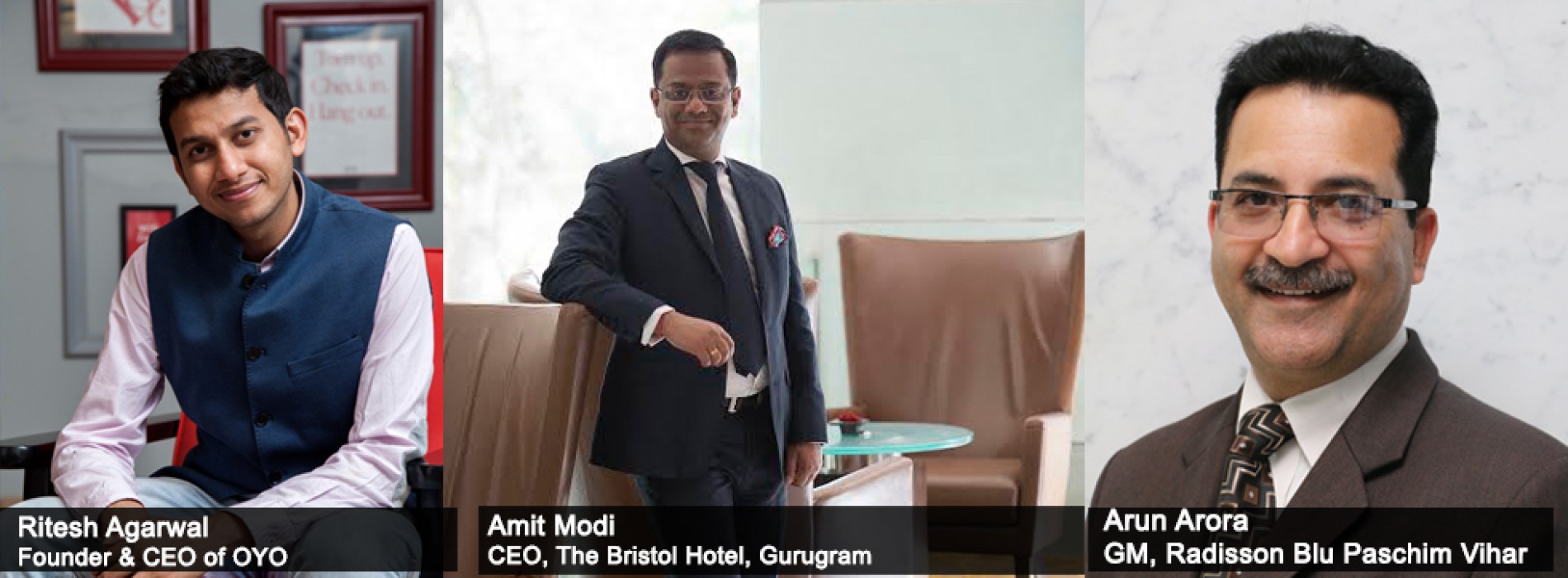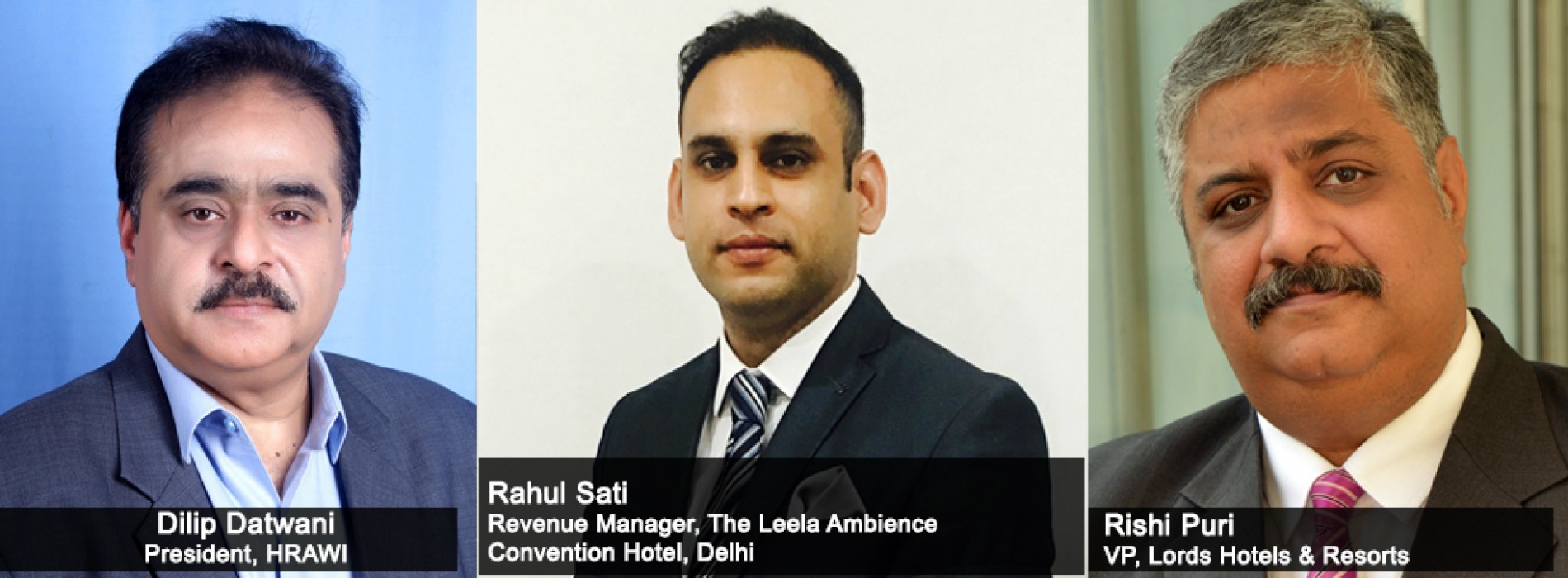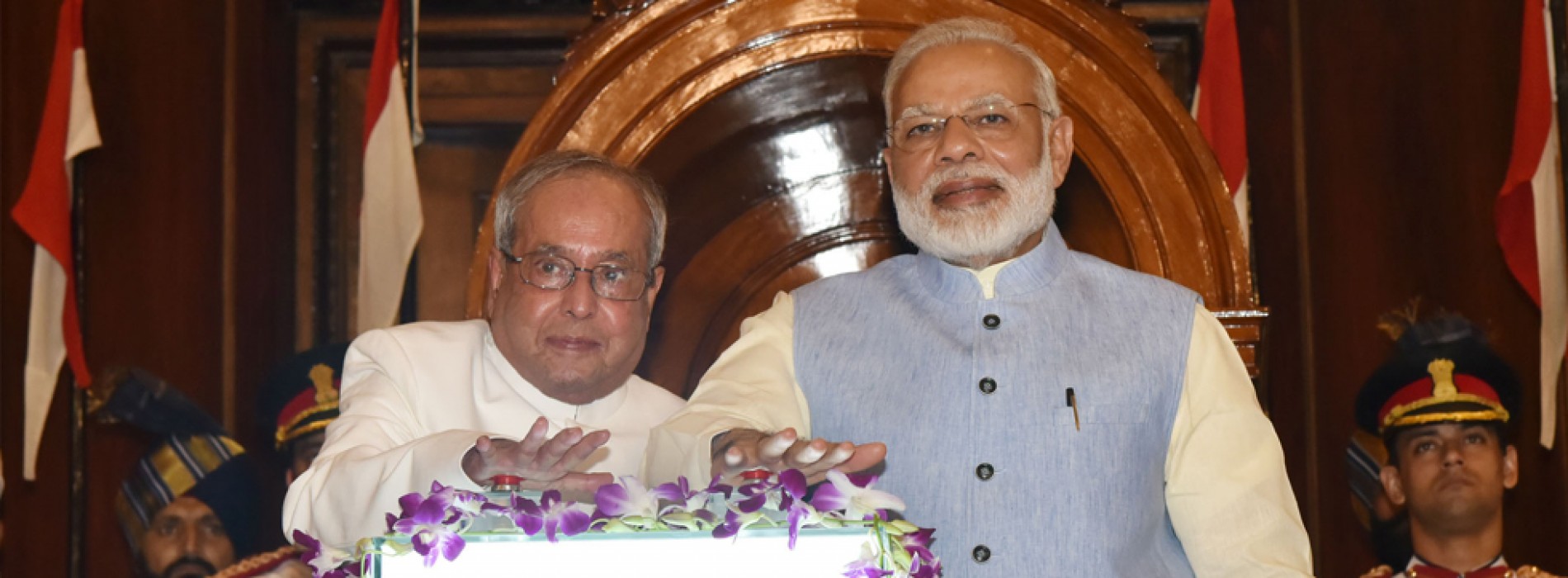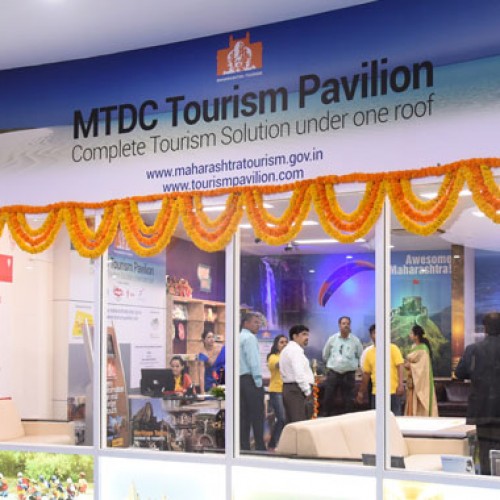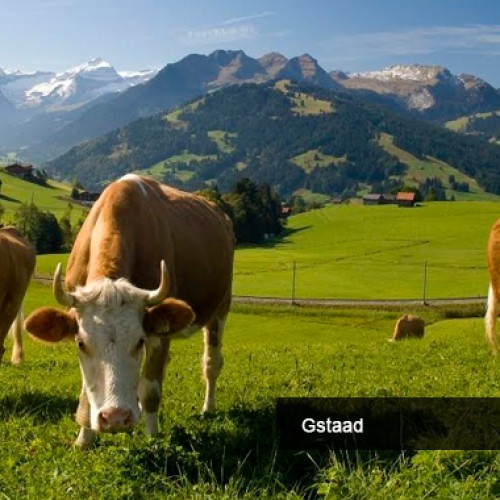GST in Force, Tourism Industry Struggles with Compliance Issues
With Goods and Services Tax (GST) coming into force from July 1, many industries including travel and tourism industry are facing the compliance challenges that GST has brought along.
Biggest economic reform since India’s Independence, the Goods and Services Tax, an uniform new indirect tax regime, came into force from July 1, with its launch at midnight of June 30 and July 1 in the central hall of Parliament, in the presence of recently retired President Pranab Mukherjee, Vice President Mohammad Hamid Ansari, Prime Minister Narendra Modi, Speaker of the Lok Sabha Sumitra Mahajan, Former PM HD Deve Gowda, Finance Minister Arun Jaitley, members of the Parliament and GST Council, many chief ministers and officials . The GST has replaced multiple central and state taxes levied on goods and services, with one uniform tax regime.
The industry and opposition parties were demanding more time to prepare for the switchover to the GST regime, saying that the industry is not fully ready for the new regime.
Speaking on the grand occasion, Pranab Mukherjee said that this historic moment is the culmination of 14 year long journey which began in December, 2002. The PM described GST a good and simple tax. He added that GST is economic integration of India similar to political integration of the country done by Sardar Vallabhbhai Patel immediately after Independence. He said that GST might cause some minor problems at the outset but people will adjust to it soon. He further said that GST will help check black money and corruption. The Finance Minister said that earlier India was economically fragmented, now the country has one tax and one market for one nation.
The GST launch has not gone very well with many sectors of the economy including the Travel and Hospitality Industry, and every sector has one or other concern. While every segment (big and small) are struggling with challenges related to GST compliance, traditional travel agents and tour operators are among the most disadvantaged lot, whereas the OTAs are the big beneficiaries. The small and medium size travel agents are finding it quite difficult to calculate the GST because of different tax slabs for different services and many grey areas. As different segments of the tourism industry have been placed under different GST rate slabs, there are some grey areas that are creating confusion for business organizations. Travel agents and tour operators are finding it too difficult to comply with new tax regime. Some of them have almost stopped making new bookings. There is lack of clarity as to what is taxable and what is not taxable. Even tax professionals are finding it quite difficult to explain some of the provisions of the GST.
In the run up to the launch of GST, the travel and tourism industry was concerned about high rate of GST levied on travel and hospitality services, fearing that tax rate as high as 18% will make travel and hospitality services quite high and India become an uncompetitive destination.
Our neighboring countries such as Malaysia and Singapore have very low tax rates for their hospitality sector (8% and 7% respectively), making them a competitive and attractive tourist destinations.
What was supposed to be a simple tax regime is proving, at least initially, a very complicated taxation system. The perceived complex nature of GST has made its compliance costly with small and medium-size companies having to increase its effort and time to file the returns. Travel agents and tour operators are facing huge difficulty in issuing bills since the goods and services tax (GST) regime came into force on 1 July, due to lack of clarity on many billing components in the new tax system. GST has also increased technological cost for travel companies.
However, many in the industry believe that initial difficulties related to compliance will be over in a few initial months of GST implementation, and ultimately things would be normal in due course of time once the industry understands every nitty-gritty of the new indirect tax regime. But high and complex rates of GST levied on the travel and hospitality industry will further decrease competitiveness of India as a tourist destination.
Speaking about the impact of GST on hospitality business, Ritesh Agarwal, Founder & CEO of OYO, said that being a large-scale reform, there may be some initial teething issues, but the Government has already announced that companies would be allowed to file late returns during the first two months. This is a practical solution permitting flexibility in the early period as all stakeholders come to grips with the nationwide tax system. Agarwal added, “Of course, there may be challenges in compliance and implementation. But over time, there will be more clarity and familiarity, enabling all stakeholders to adjust, adapt and adhere. Already we have seen the GST slab for mid-market hotels have been revised in response to an industrywide request for relief. This is a progressive step and will ensure that more businesses come under the tax-net and deliver more revenue to the exchequer.” Agarwal said that the lower tax rate for budget hotels sector will ensure that the industry’s quality upgrade continues while delivering standardized accommodation to millions of middle-class travellers. This will also save and create thousands of new jobs which could have been impacted under higher tax-rates. The move will boost revenue from Travel & Tourism sector for the next many years. The industry is expected to contribute 280 billion dollars to the GDP by 2026 and will pass on benefits of uniform taxation across the country to travellers.
According to Arun Arora, General Manager, Radisson Blu Paschim Vihar, “GST is a welcome reform brought in by the present government. It is a great initiative considering it is a single tax now and the business enterprise does not have to file multiple returns and deal with multiple agencies. However, the job is only half done. Relating with our industry, though the common name of the tax is GST, multiple tax rates has made it complicated. We were really hopeful to get a single tax slab also but unfortunately, on rooms we will have two different tax rates, similarly on a dining bill having food items, bottled water and aerated beverage, there would be three tax rates applicable respectively and if liquor is served that would have yet another levy of VAT and not GST. Configuring our softwares was a herculean task. Going forward, there will be challenges in taking the input credit as our vendors and suppliers are still confused and struggling to configure their HSN codes. It will be couple of months before everything settles down and we are able to streamline our processes. Hopefully, it will benefit the industry when the unbranded and stand alone banquets stop dealing in no bill cash transactions. Perhaps, GST will put an end to this practice.”
According to Dilip Datwani, President, HRAWI, the hotel and restaurant industry has been witness to a slowdown in the last three weeks. The maximum downward impact was seen in the last week of June with almost 35 per cent drop in sale. During the implementation phase, we are expecting issues to crop up, especially in the first three months, but are not unduly worried about it as the Government is expected to help us resolve them. Hotel and Restaurant Association of Western India (HRAWI) will be offering support, suggestions and assistance to members as and when required. We also expect a few technical challenges along the way. But overall the industry is geared to adapt to GST regime.
Amit Modi, CEO of The Bristol Hotel, Gurugram said that post the implementation of GST, we have seen a gradual growth in business in contrast to the anticipated dip. “We as a hotel believe that the reform is beneficial for the industry and in many ways makes our work easier. We now have a lot more clarity on the tax structure. In addition to this, our guests have taken the reform in a very positive manner as they have also implemented the same reform in their own businesses around the same time. The only minor setback that we faced was that payments were delayed during the transition. However that was only momentary and everything is now in order.”
Rishi Puri, Vice President, Lords Hotels & Resorts commented that there will be interim chaos as expected during the transition but we are optimistic that things will revert to usual in a couple of months. Many of our hotel units have already implemented the required backend changes and some are still in process. The scenario feels similar to the demonetization days when suddenly cash wasn’t available but then a couple months later everything fell in place. We will hope that this situation too will stabilize sooner than later and that GST works out for us and the nation.
Rahul Sati, Revenue Manager at The Leela Ambience Convention Hotel, Delhi remarked that there is still a slight confusion with regard to GST, as customers are travelling with distorted information on the tax structure and tend to negotiate hard. “We have not actualized any dip in business as such because a major inflow of pre-contracted business was undertaken and seized by our organization much before time. However, in case of loss , we have tactics put in place to overcome them as complication in economic theory of demand and supply has got a new angle now and we can’t continue to rotate tariffs dynamically as per demand. We believe that post the implementation of GST the playing field which is the hospitality industry is now leveled.”
However, there are some positive impact of implementation of GST on travel & tourism industry. With GST coming into force, the hospitality industry no longer will have to pays multiple taxes as was the case in the old indirect tax regime. The implementation of GST will also reduce costs for customers and transaction costs for the industry. Because of a single tax structure, the industry will be able to save money on its transaction costs. Under the GST regime, standardized and uniform tax rates for the industry have created one market across India for the travel and tourism industry encouraging healthily competition across the country. Overall, GST is expected to increase the movement of goods that would help spur economic activities in the economy. One benefits of GST for the travel and tourism industry is that interstate movement of passenger/tourist vehicles has become seamless. As the PM said, “Long wait at toll plazas will end with GST integrating 31 states and UTs as one.”
Touted as the single biggest tax reform since India’s Independence in 1947, the Government is of the view that GST will add 2% to India’s GDP.
In the interest of the tourism industry, the government should clarify certain provisions of GST applicable to this industry and bring all services provided by it under 12% rate slab or even under the lower slab and every travel and hospitality services should be brought under one tax slab to make GST really a simple and progressive indirect tax that drives growth rather than retarding it.
You might also like
FICCI GITB-2018 concludes with an overwhelming response from Foreign Tour Operators
10th edition of The Great Indian Travel Bazaar (GITB) ended with an overwhelming response from the Foreign Tour Operators. The ‘buyers’ and ‘sellers’ from International and Indian market expressed great
Chief Minister inaugurated MTDC’s Infosys Tourism Pavilion
First of its kind project initiated by any state government in India! Hon. Chief Minister Shri. Devendra Fadnavis, Government of Maharashtra on May 29, 2016 inaugurated India’s first of its
Switzerland Tourism launches the new campaigns for Winter and Summer 2017
Focus on promoting winter tourism with their new tagline ‘You can… but you don’t have to’ Summer campaign to be led by Brand Ambassador Ranveer Singh Switzerland Tourism today announced

